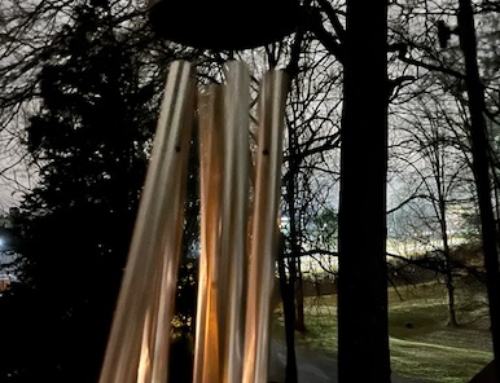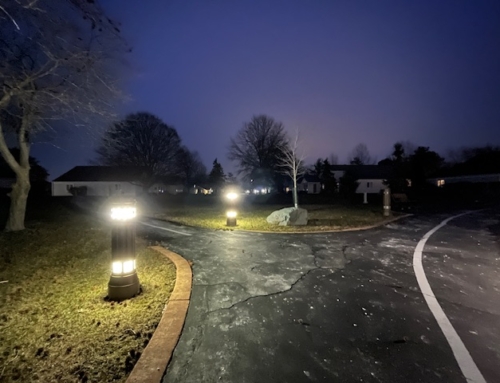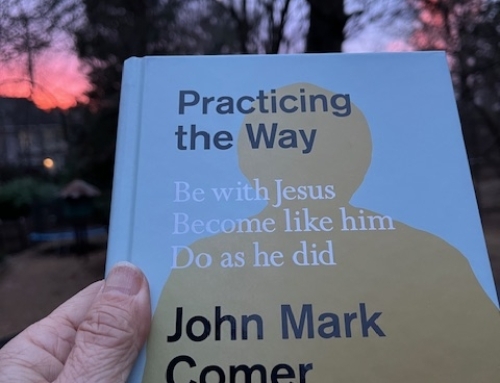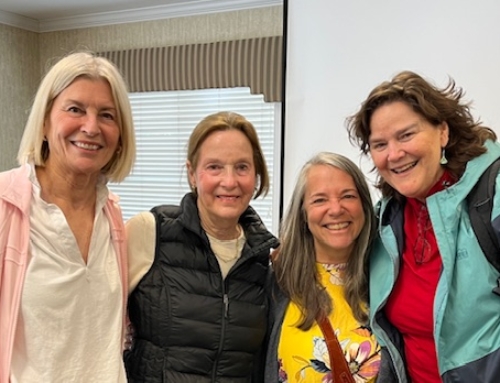Good morning…
“Genuine transformational knowing of self always involves encountering and embracing previously un-welcomed parts of self,” says depth psychologist and beloved author David Benner. “While we tend to think of ourselves as a single, unified self, which we call “I” is really a family of many part-selves. That in it self is not a particular problem. The problem lies in the fact that many of these part-selves are unknown to us. Even though they are usually known to others, we remain blissfully oblivious of their existence.”
Benner continues: “There is enormous value in naming and coming to know these excluded parts of self. My playful self, my cautious self, my exhibitionist self, my pleasing self, my competitive self and many other faces of my self are parts of me, whether I acknowledge their presence of not. Powerful conditioning in childhood encourages us to acknowledge only the most acceptable parts of our self. And parts of self that are not given a place at the family table become stronger, not weaker. Operating out of sight and beyond awareness, they have increasing influence on our behavior.”
Benner concludes: “Christian spirituality involves acknowledging all our part-selves, exposing them to God’s love and letting him weave them into the new person he is making. To do this, we must be willing to welcome these ignored parts as full members of the family of self, giving them space at the family table and slowly allowing them to be softened and healed by love and integrated into the whole person we are becoming.”
God sets a large table as we feast with the known and unknown family members, our true and false selves, our defensive and divine qualities. You serve me a six-course dinner right in front of my enemies. You revive my drooping head; my cup brims with blessing (Psalm 23:5, MSG).
Brimming blessings multiply as we recognize that most of our deadliest enemies live within us.
…Sue…





